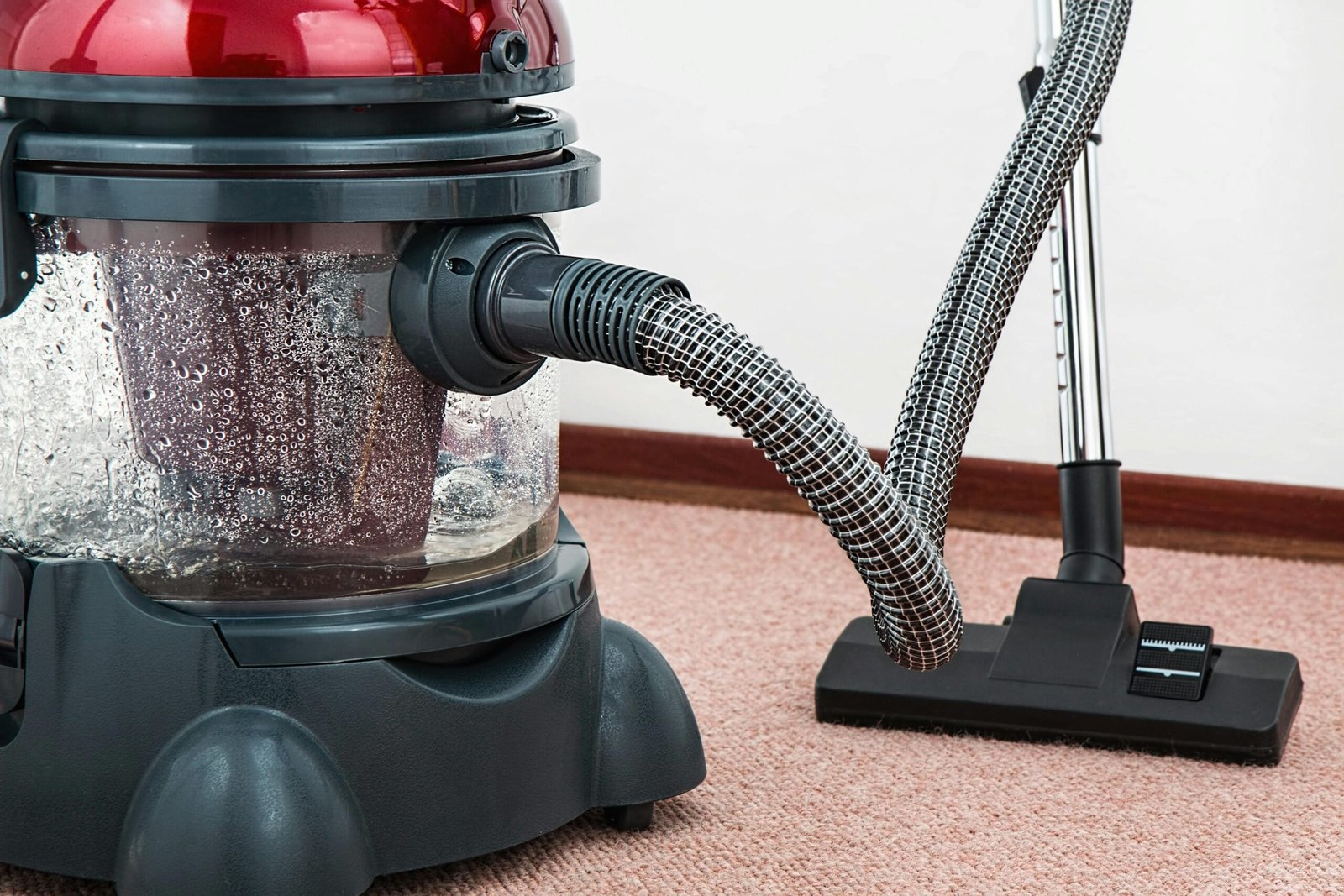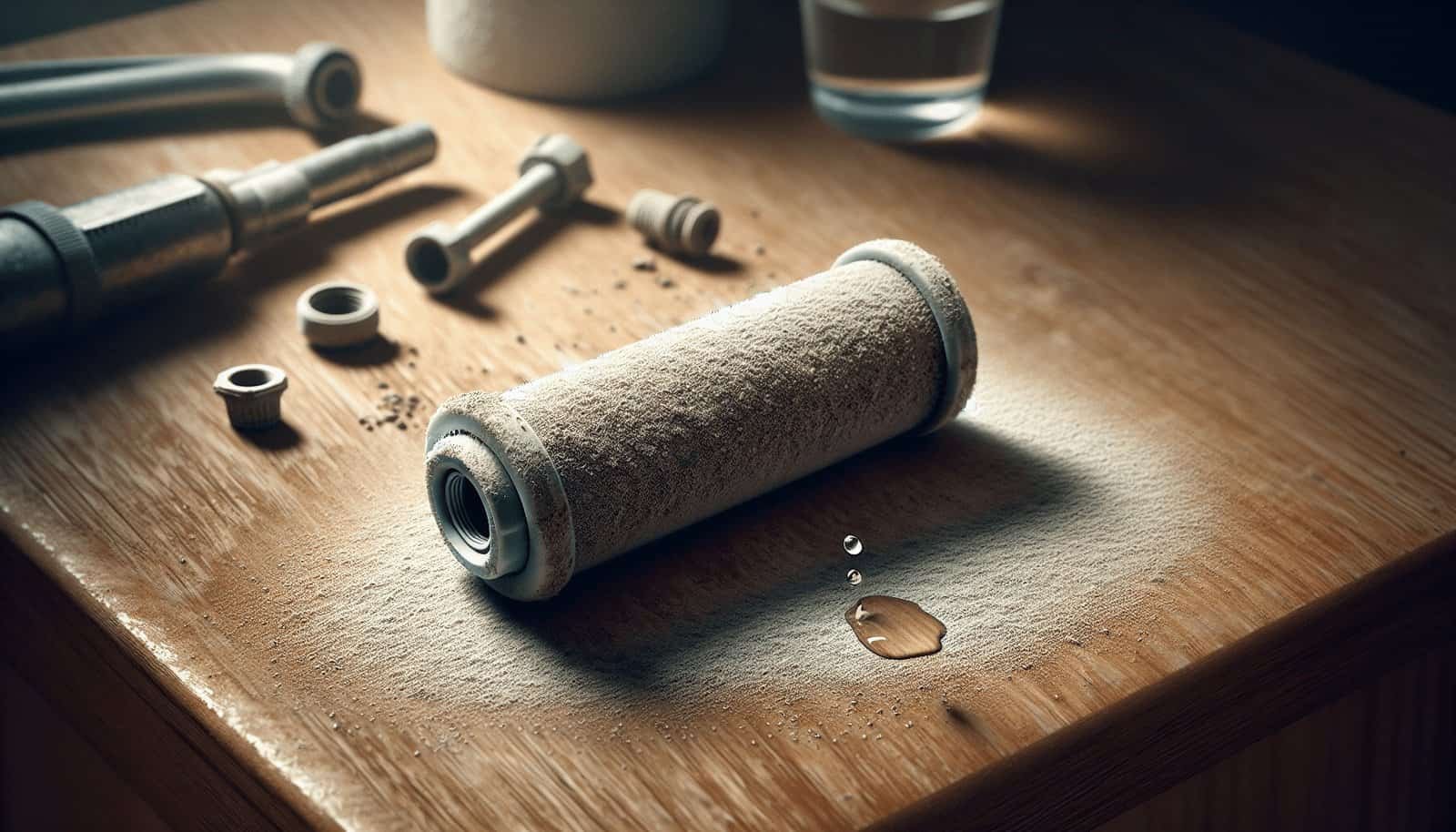Have you ever noticed changes in the way your water tastes, its smell, or any peculiar coloration? It might be a sign that your well water filtration system is not functioning as it should. Detecting issues with your water filtration system early is crucial for maintaining the quality of water that runs throughout your home. Clean and safe water is essential for your health, and understanding the importance of maintaining your filtration system is something you’ll benefit from immensely.
In this article, we will delve into an array of signs that can indicate your well water filtration system may be experiencing problems. We’ll also discuss the significance of these symptoms and provide you with actionable tips to ensure your water stays fresh and healthy.
Understanding Your Well Water Filtration System
What is a Well Water Filtration System?
A well water filtration system is a setup designed to remove impurities, including sediments, bacteria, and toxins, from water sourced from a well. These systems help ensure that your household water is safe for drinking, cooking, and other daily uses. Different filtration systems target specific contaminants, and each varies in its effectiveness. Understanding your system’s components and its purpose is the first step in diagnosing any problems.
Importance of Regular Maintenance
Regular maintenance is critical in keeping your filtration system running smoothly. Without proper care, the system can face a plethora of issues that could lead to costly repairs. It helps extend the life of the system and ensures that your water is consistently clean. By staying vigilant with routine checks, you can prevent potential breakdowns or degradation in water quality.
Common Signs of a Failing Well Water Filtration System
Changes in Water Taste and Smell
One of the most immediate signs that something is amiss with your water filtration is a noticeable change in taste or smell. Healthy, filtered water should be odorless and have a neutral taste. If you detect any metallic, bitter, or sulfuric tones, it may indicate that contaminants are slipping through.
Discoloration in Water
Clean water typically appears clear. If you notice any discoloration, such as a brownish, yellowish, or cloudy hue, it’s a red flag. This could be due to rust particles, sediment, or even bacteria that the system no longer effectively filters out.
Decreased Water Pressure
Experiencing a sudden drop in water pressure can be frustrating. This could be a sign that your filtration system’s components, like the filters, are clogged or that there is a buildup somewhere in the pipeline. It requires immediate attention to maintain efficient water flow and prevent further damage.
Unusual Noises from the System
If you start hearing odd sounds, such as groaning, clicking, or a persistent hum from your system, it might be a sign of a mechanical issue. These noises can result from components like pumps or filters struggling to operate under abnormal conditions.

Analyzing the Impact of a Faulty Filtration System
Health Risks
Contaminated water can carry pathogens and chemicals that pose significant health risks. If your system is failing, there is a possibility that harmful substances can reach your taps, which can lead to skin irritations, gastrointestinal problems, or even more severe health issues.
Appliance Damage
Many household appliances that use water, such as washing machines, dishwashers, and heaters, could also be at risk. Sediments and mineral buildups caused by inadequate filtration can result in costly repairs or shorten the lifespan of these appliances.
Increased Utility Costs
A malfunctioning filtration system often works harder to process water, which in turn can lead to increased utility bills. This inefficiency not only impacts your bank account but also represents a waste of resources.
Troubleshooting Your Well Water Filtration System
Checking and Replacing Filters
The filters within your system are critical for trapping impurities. Over time, these filters can become clogged and should be replaced regularly. Check the manufacturer’s guidelines for how often replacements should occur, and keep an eye on filter conditions during routine checks.
Inspecting Pipes and Fittings
Be sure to inspect the pipes and fittings within your system for any cracks, leaks, or corrosion. These issues can affect the system’s performance and lead to water contamination.
Monitoring System Indicators
Some modern filtration systems come with built-in indicators for maintenance needs. Keep an eye on these indicators for any alerts. Reacting promptly can prevent minor issues from developing into major problems.

Preventive Measures to Maintain Your Filtration System
Scheduled Professional Maintenance
Hiring a professional to conduct regular maintenance is a wise investment. They can perform thorough checks and cleanings that are not always possible with DIY methods, ensuring that every part of your filtration system is in optimal condition.
Understanding Water Composition
By understanding the specific composition of your water and the contaminants prevalent in your area, you can tailor your filtration system to more effectively address these issues. Having your water tested annually can provide insights into any changes in water quality.
Keeping Spare Parts Handy
It’s beneficial to keep critical spare parts, like extra filters and fittings, on hand. This preparation ensures that minor issues can be addressed promptly without waiting for parts to be ordered.
When to Seek Professional Help
Persistent Water Quality Issues
If persistent issues with water quality arise despite your efforts, it’s important to consult a professional. They can conduct a more comprehensive assessment and recommend solutions tailored to your specific situation.
Structural Problems within the System
For complex system issues, such as those involving the structural components of the filtration system, professional intervention is often required. They have the expertise and equipment necessary to safely and effectively resolve these issues.
Planning for System Upgrades
If your existing system is outdated or repeatedly encountering problems, it might be time to consider an upgrade. Professionals can offer valuable insight into the latest technology and designs, helping you choose a system that best fits the needs of your household and water quality requirements.

Conclusion
Keeping your well water filtration system in top-notch condition is paramount for the safety and efficiency of your household’s water supply. By staying aware of the common signs of system failure and addressing them promptly, you can mitigate risks to health and property. Routine checks, regular maintenance, and professional assistance where needed ensure your system provides clean, safe water for years to come. Understanding these aspects is your first step toward a worry-free, well-managed water supply in your home.

